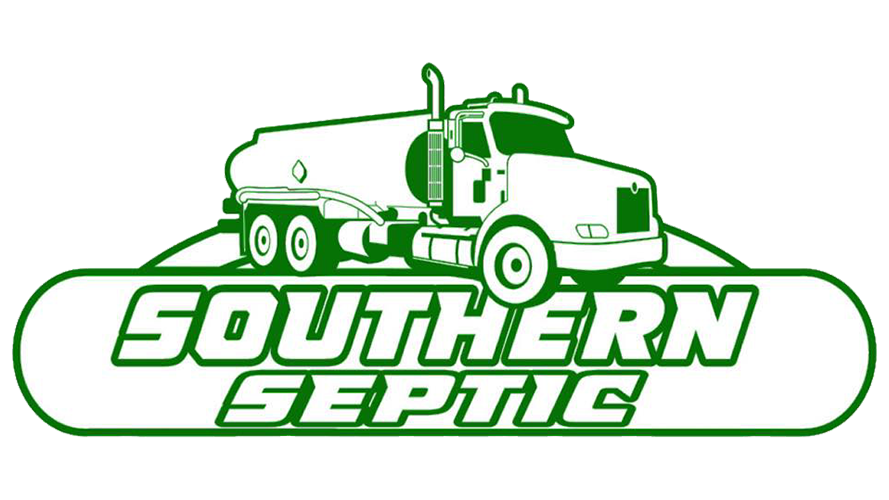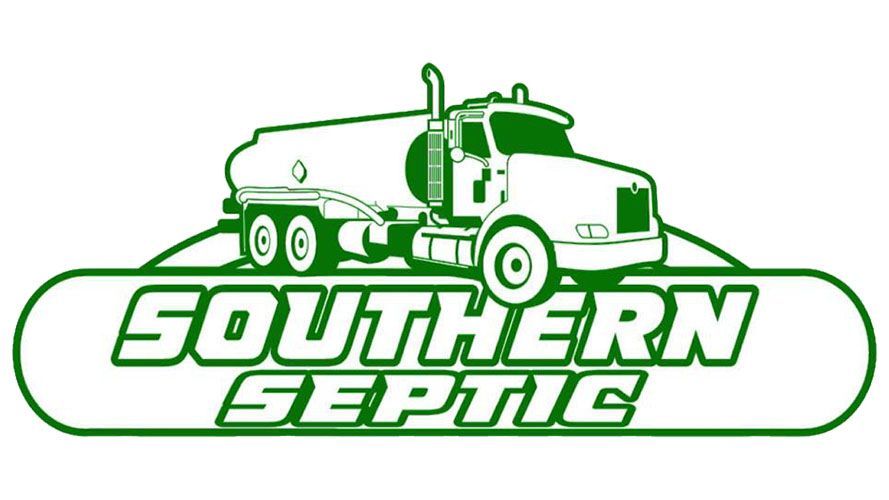Septic System Services in Palm Beach, Martin, and Broward Counties
Request Quote
Septic Systems Services in West Palm Beach, FL
Southern Septic provides expert septic tank cleaning services in Palm Beach County, Martin County, and Broward County. We ensure your septic systems are functioning seamlessly, preventing any potential issues before they become costly problems. Our certified team handles performance-based systems, rock and pipe systems, multi-pipe systems, and grease trap testing.
We understand that a properly functioning septic system is vital to both your property’s health and your family’s well-being. Whether it’s routine maintenance, emergency repair, or the installation of advanced systems, our certified team ensures every service meets the highest standards of quality and efficiency. Our expertise includes everything from conventional septic tanks to more advanced solutions, such as performance based septic systems in West Palm Beach, FL, designed to optimize wastewater treatment and protect the environment.
Investing in regular maintenance and the right system design not only prevents costly repairs but also extends the lifespan of your septic system, enhances property value, and ensures compliance with local regulations. Southern Septic is committed to providing comprehensive services tailored to your unique needs, no matter the size or complexity of your system.
Call or text us to discuss your specific septic system needs and schedule a service.
Our Expertise in Septic Systems
Southern Septic offers a wide range of services to ensure your system operates smoothly and efficiently. Our technicians are trained in the latest industry standards and technologies, enabling us to handle a variety of septic systems. With years of hands-on experience and a deep understanding of system dynamics, we provide solutions that are tailored to each property, no matter the size or complexity. Our proactive approach helps prevent problems before they arise and ensures long-term reliability. Key areas of our expertise include:
- Septic tank cleaning and pumping
- Drain field inspections and repairs
- Performance-based system installation and maintenance
- Grease trap inspections and servicing
- Multi-pipe system maintenance and troubleshooting
- Rock and pipe system repair
- Emergency septic services
Each of these services is carried out with meticulous attention to detail, ensuring your system functions at its peak performance. By choosing Southern Septic, you are selecting a company that prioritizes your health, the environment, and the longevity of your septic system. We also focus on educating homeowners about proper system care and providing personalized recommendations to maximize efficiency and prevent future issues, making us a partner you can rely on for years to come.
The Importance of Performance-Based Systems
Performance-based septic systems represent the latest in septic technology, providing more efficient wastewater treatment than traditional systems. Unlike conventional systems that rely primarily on gravity and soil absorption, performance-based systems incorporate advanced components to treat wastewater to higher standards. This approach helps reduce environmental impact, prevents groundwater contamination, and ensures compliance with stricter local regulations.
Southern Septic specializes in the installation, monitoring, and maintenance of performance based septic systems in West Palm Beach, FL. Our certified team ensures that each system is correctly sized, properly installed, and routinely inspected to maintain optimal functionality. These systems are particularly beneficial for properties with challenging soil conditions, high water tables, or limited space for a conventional drain field.
Why Septic System Maintenance Matters
Regular septic system maintenance is crucial in avoiding major expenses and health hazards. Southern Septic's comprehensive services are designed to keep your system in optimal condition. Here's why it's important to have your septic system checked by a professional:
- Prevents system failures
- Ensures system efficiency
- Reduces repair costs
- Protects your property value
- Complies with local regulations
- Extends system lifespan
Contact us today to ensure your septic system remains in top shape.
Signs Your Septic System Needs Attention
Even with regular maintenance, it’s important to recognize when your septic system may require professional attention. Southern Septic advises property owners to look out for the following warning signs:
- Slow draining sinks, toilets, or bathtubs
- Unpleasant odors around your drain field or septic tank
- Pooling water or soggy areas in your yard near the drain field
- Frequent need for tank pumping or cleaning
- Algae growth or unusual vegetation in areas above the septic system
- Gurgling sounds in plumbing or sewage backups inside the home
Other subtle indicators can include unusually lush grass over the drain field or an increase in pests near your system. Ignoring these signs can lead to serious environmental contamination and costly repairs. Prompt attention to these issues can prevent major system failures and costly repairs. Southern Septic is equipped to diagnose and resolve all types of septic system problems, including performance based septic systems in West Palm Beach, FL, quickly and efficiently, helping you maintain a safe, reliable, and environmentally sound system.
Trust Southern Septic for Your Septic System Needs
When it comes to septic system services, Southern Septic stands out for many reasons. Our dedication to quality and customer satisfaction is unrivaled in the region. Here's what sets us apart:
- Same day appointments based on availability
- 24/7 emergency services
- Certified in performance-based systems
- Licensed and insured master contractor
- Manufacturer warranties available
- Discounts for Veterans and first responders
- Founded in 2009
- Over two decades of industry experience
- One-year warranty on new drain field installations
- Member of the FOWA board
Contact us to experience the Southern Septic difference.
Emergency Septic Services
Septic emergencies can happen unexpectedly, and prompt action is crucial to prevent property damage or health hazards. Southern Septic offers 24/7 emergency services to address issues such as sewage backups, failed pumps, or drain field flooding. Our experienced technicians respond quickly to assess the situation and implement effective solutions, including repairs to performance based septic systems in West Palm Beach, FL and other system types.
We understand that septic problems can disrupt daily life, which is why we prioritize rapid response and professional, thorough service. When you call Southern Septic, you can trust that your system will be handled by skilled experts who care about the safety and functionality of your home.
Planning for New Installations and Upgrades
If you’re considering installing a new septic system or upgrading an existing one, Southern Septic can guide you through the entire process. We assess your property, recommend the most suitable system, and handle all aspects of installation. For properties requiring advanced solutions, we specialize in performance based septic systems in West Palm Beach, FL, which offer superior treatment and durability compared to conventional systems.
From selecting the right equipment to final installation and system commissioning, we ensure every detail is managed to maximize performance and compliance. Our team also provides education and support, helping homeowners understand system operation and maintenance requirements for long-term reliability.
Contact Southern Septic Today
Get in touch with Southern Septic to discuss your septic system needs. Our team is ready to provide prompt, reliable service to ensure your system is functioning properly.
Ensuring the health and efficiency of your septic system starts with expert care from Southern Septic. Whether you need routine maintenance, emergency repairs, or the installation of performance based septic systems in West Palm Beach, FL, our team is ready to provide prompt, reliable, and professional service. Don’t wait until minor issues become major problems — reach out to us today to schedule an appointment or discuss your septic system needs.
At Southern Septic, we combine industry knowledge, technical expertise, and a commitment to customer satisfaction to deliver unmatched septic system services. Experience the difference of working with a company dedicated to keeping your system safe, efficient, and environmentally responsible.


Share On: